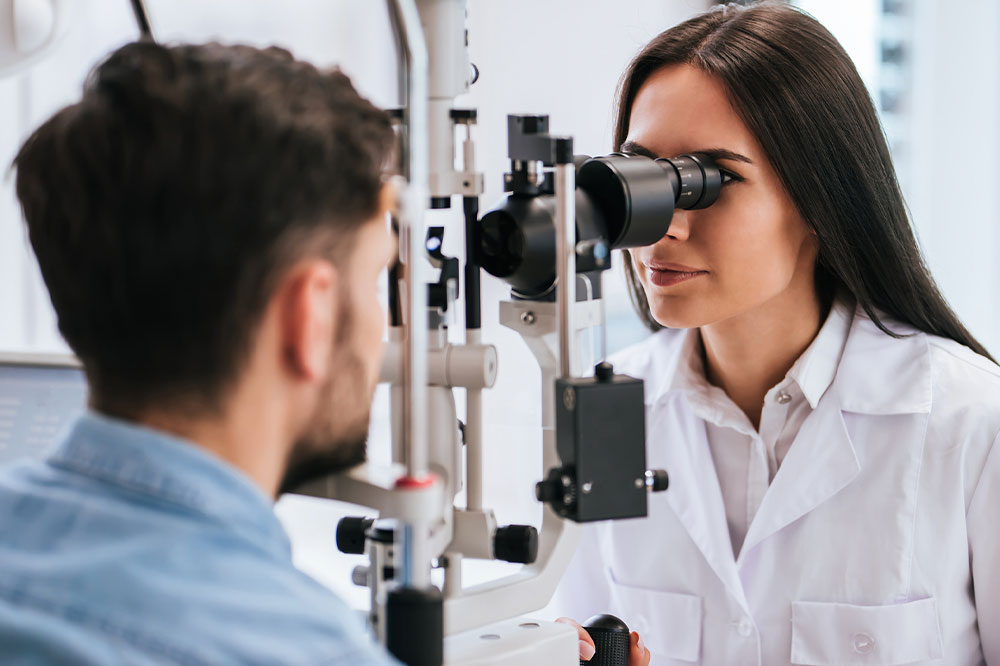High sugar intake and its impact on the body

Excessive sugar intake is a significant public health concern worldwide, with detrimental physical and mental health effects. While sugar is a natural component and a widely used condiment in many foods, its overconsumption, particularly in added and refined sugars, has been linked to various health issues. Even sugar in its natural form should be consumed sparingly. This article explores excessive sugar intake’s short-term and long-term effects and associated health problems.
Short-term health issues
These health complications trigger flare-ups and worsen the symptoms of illnesses due to sudden changes in blood glucose levels. The impact may be short-term but could be linked to a chronic condition. Here are a few short-term health issues about which one should know:
- Changes in physical health
Physical mass gain is one of the most immediate and visible consequences of excessive sugar intake. High-sugar foods and beverages are often calorie-dense but lack the essential nutrients for metabolism. As a result, many people struggle with overconsumption of calories without feeling satiated. This can contribute to an unnatural increase in body mass, a risk factor for numerous chronic diseases. - Blood sugar spikes and crashes
Consuming extremely sugary foods causes the blood sugar levels to spike rapidly, leading to a sudden surge in energy immediately followed by a crash.







